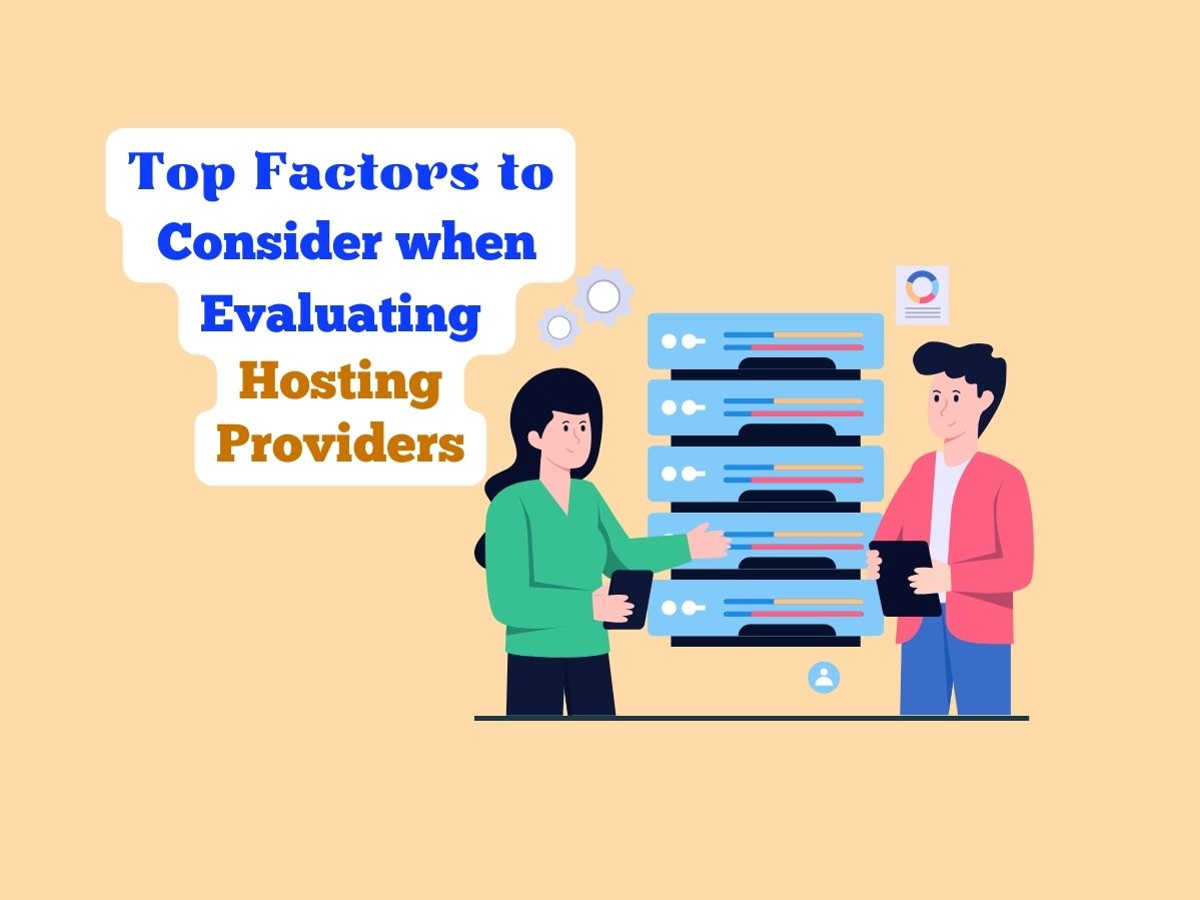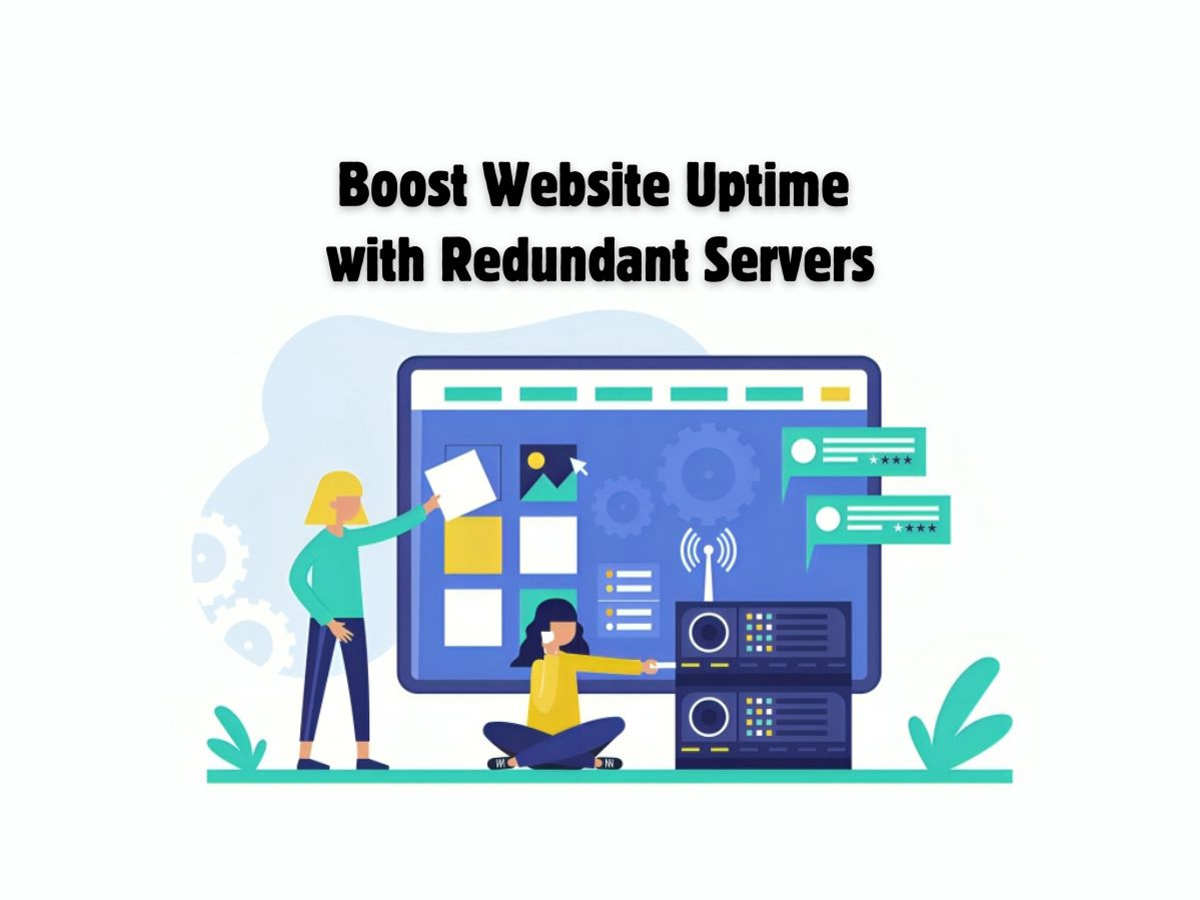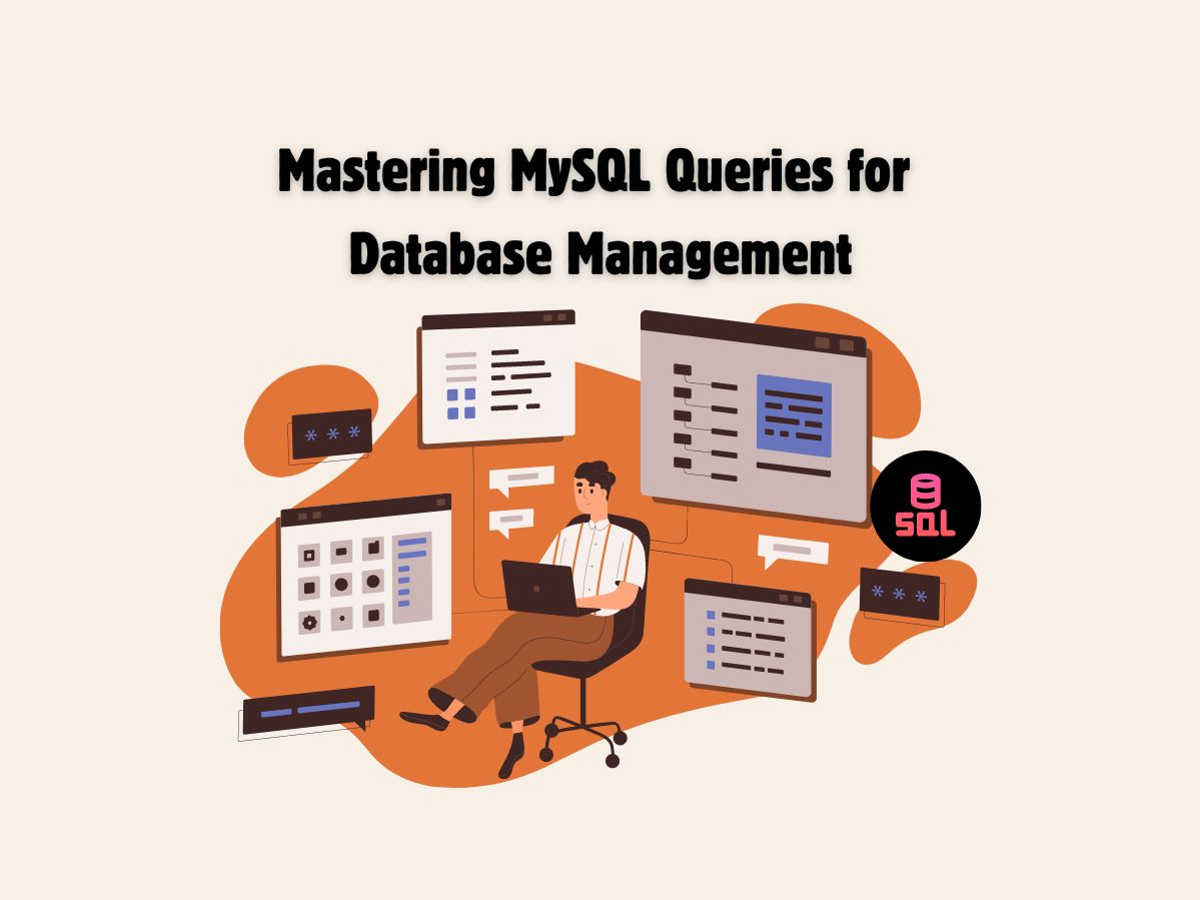
Top Factors to Consider when Evaluating Hosting Providers
The digital world is home to millions of websites, and behind each one of them is a hosting provider taking care of the data, load times, and uptime. Selecting a reliable hosting provider is arguably one of the most important decisions when launching a new website or switching your existing one. But with many options out there, how do you choose? Here’s a guide to key factors you should consider when evaluating hosting providers.
1. Type of Hosting Service of Hosting Providers
The first thing you should determine is the type of hosting service that’s suitable for your needs. The primary hosting types are:
Shared Hosting: Shared hosting is the most economical option, where your website shares resources with other sites on the same server. However, it may suffer from slower performance and security issues.
VPS Hosting: A Virtual Private Server (VPS) is the middle ground between shared and dedicated hosting. It divides a physical server into multiple virtual servers, providing better performance and security than shared hosting.
Dedicated Hosting: Dedicated hosting provides a server for your website only. It offers high performance, but it also comes at a higher cost.
Cloud Hosting: Cloud hosting uses multiple servers to balance the load and maximize uptime. If one server fails, another one takes over, making it highly reliable.
2. Speed and Performance
The speed and performance of your website significantly affect user experience and search engine rankings. You should look for a provider that uses advanced technology to maximize speed and ensure smooth performance, such as SSD storage, CDN (Content Delivery Network) support, and the latest PHP version.
3.Uptime
Uptime is the measure of time a server stays up and running. Downtime can lead to substantial revenue loss and damage to reputation, especially for eCommerce stores. Look for hosting providers that promise an uptime of 99.9% or higher.
4. Scalability
Your website’s hosting needs can grow over time. Therefore, you should choose a hosting provider that allows for easy upgrades to meet increasing traffic and resource needs.
5. Customer Support
Having quick and reliable customer support is crucial. Providers should offer 24/7 support through multiple channels such as live chat, email, phone, and support tickets. It’s also a good idea to check online reviews to see other customers’ experiences with the provider’s customer support.
6. Pricing and Back-end User Interface
Compare pricing plans of different hosting providers but remember, the cheapest isn’t always the best. Consider the features and benefits before making a decision. The user interface should be easy to use, even for those with limited technical knowledge.
7. Backups
Accidents happen; from server failures to site crashes due to updates or hackers. A hosting provider that offers regular automatic backups can save you a lot of trouble.
In conclusion, there’s a lot to consider when choosing a hosting provider. Get clear about your needs, do your research, and make your selection wisely. A good hosting provider isn’t just about keeping your site up and running; it’s the fundamental building block of your online presence and success.







